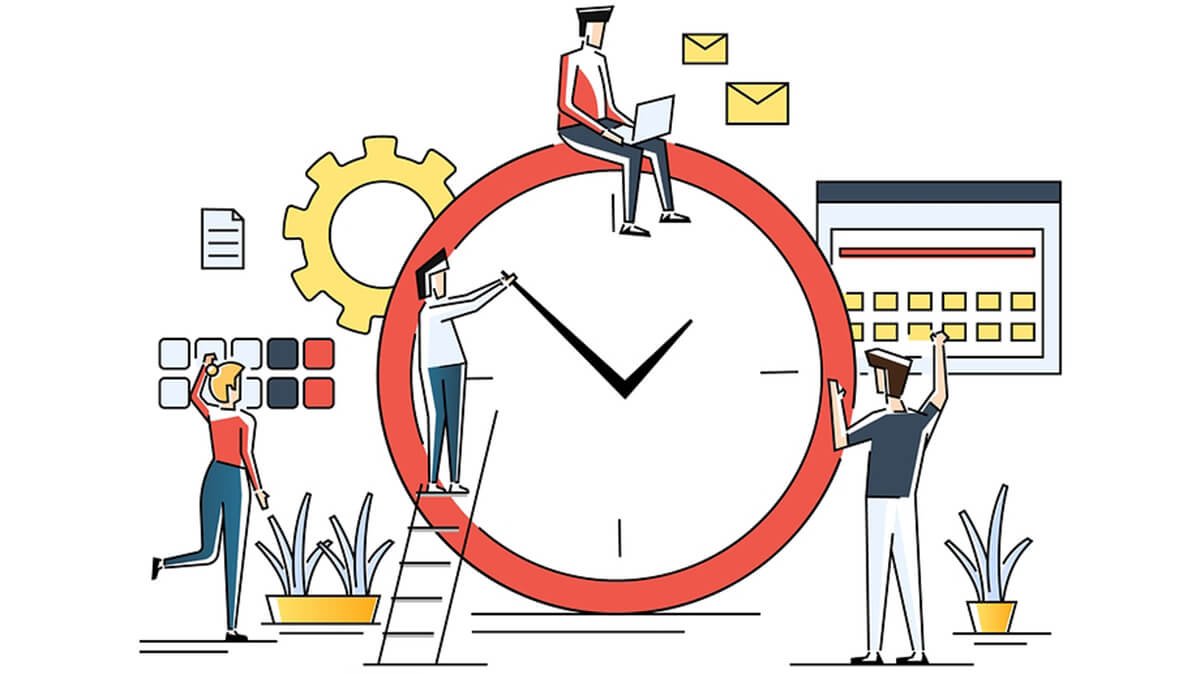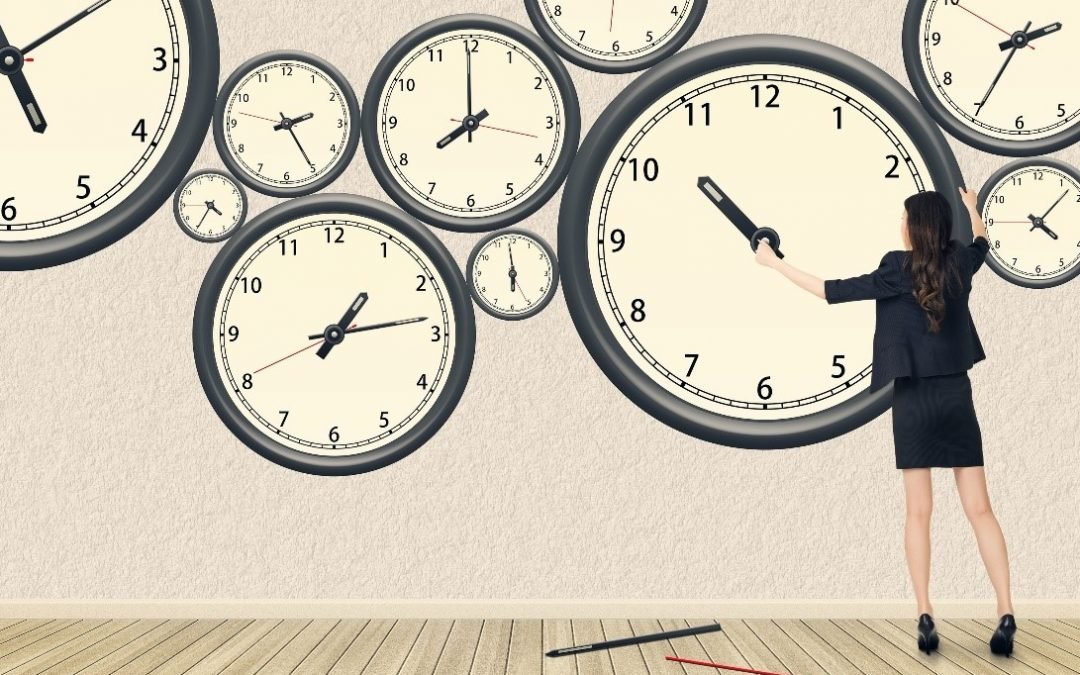There are only 24 hours in a day and our productivity is based on what, and how much we do per day. Time management are the tools we use to make most of our time. As humans, it’s natural to want to constantly improve and set new personal records and when it comes to time management, many of us hit roadblocks. Research suggests that the average worker is only productive for around three hours a day.
What we can accomplish in a day dictates how quickly our projects will progress. The more distractions and time-consuming tasks, the less actual progress we make. Those of you that have been working from home over the past 2 years will recognise the most popular unproductive office activities:
- Reading news websites
- Checking social media
- Discussing non-work-related things with co-workers
- Searching for new jobs
- Taking smoke breaks
- Making calls to partners or friends
- Making hot drinks
- Texting or instant messaging
- Eating snacks
- Making food in office

















